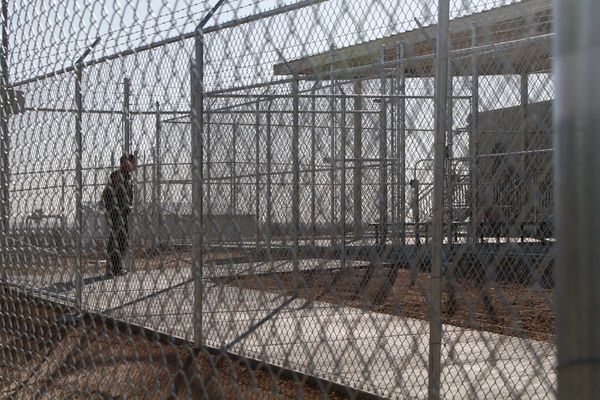
Bill was 24 when he had electric shock therapy for the first time. It was 1971, and he had known he was gay since he was 11, but had never told anyone, before going to his doctor for “help”.
In a darkened hospital room he was told to choose 40 images of men he found attractive and 40 images of women. When the images of the men flashed up, electricity surged through his body; with the images of the women, he was given respite. He went through the images three times, every Friday, for months. “I wanted to be straight because I thought it would make life easier,” says Bill, now 74. “But it was just a total waste of time.”
Bill was just one of thousands of gay men who were subjected to aversion or conversion practices – some by choice, many by force – according to a new book exploring the history of gay men in the postwar period.
John-Pierre Joyce, author of Odd Men Out: Male Homosexuality in Britain from Wolfenden to Gay Liberation, published by Manchester University Press and launching on Monday, says he had been surprised to learn from his research how widespread aversion and conversion practices were in Britain in the 1950s, 60s and 70s. “It’s hard to get accurate numbers, but my research suggests it is likely that thousands of men during that period were submitted to treatments of one kind or another,” he says.
The Criminal Justice Act 1948 may have abolished the punishment of hard labour imposed on Oscar Wilde and thousands of others, but it introduced the concept – seen as enlightened at the time – of compelling “medical” treatments as an alternative to prison, adds Joyce. “These treatments were carried out under the encouragement of the state.”
Despite pledges to ban conversion practices in the Queen’s speech earlier this year, they are still not illegal in England and Wales – and in April the government caused outrage when it stated that a proposed ban would not apply to attempts to change gender identity. The UK government’s National LGBT Survey shows that 13% of trans respondents had undergone or been offered so-called conversion therapy, nearly double the overall average (7%) for other respondents. “Behind these numbers are countless lives that have been damaged,” said a spokesperson for the charity Stonewall.
Odd Men Out, the result of 15 years of research and interviews with many men who have since died, is a history of gay men between the appointment of the Wolfenden committee in 1954, which examined the laws around homosexuality, to the emergence of the Gay Liberation Front in 1970. Joyce says the lack of a complete ban on conversion practices is a reminder of the importance of knowing about history. “People often don’t realise that what they think is normal – including a large degree of liberality, and enshrined rights – hasn’t always been like that, and it might not be like that forever, either.”
Joyce’s exploration of gay men in the postwar period exposes the “treatments” many were subjected to, including “psychotherapeutic cures” with gay men given LSD and forced to talk about the “conflicts” in their life that may have caused them to become homosexuals. Other men went through “chemical aversion” – in which patients were injected with vomit-inducing drugs before they were told to look at pictures or films of men. Some prisoners were given female hormones to suppress homosexual desires – a treatment that was prescribed for the mathematician and computer pioneer Alan Turing as a condition of probation following his conviction for gross indecency in 1952.
“I think younger generations would be surprised both how repressive it was, but also how some people – depending on where they lived and what background they were from – managed to live relatively openly, even if they were living under a law that could have turned nasty at any time,” says Joyce.
Looking back at the “therapy” he had, Bill, now 74, says he wishes it had included the chance to talk. “I think it was mad. It was absolutely bonkers,” he says. “They should have just talked things over with you, help you to come to terms with it, not try and change you. Because you don’t know whether that has had some sort of effect on your mind, you can’t know.”







